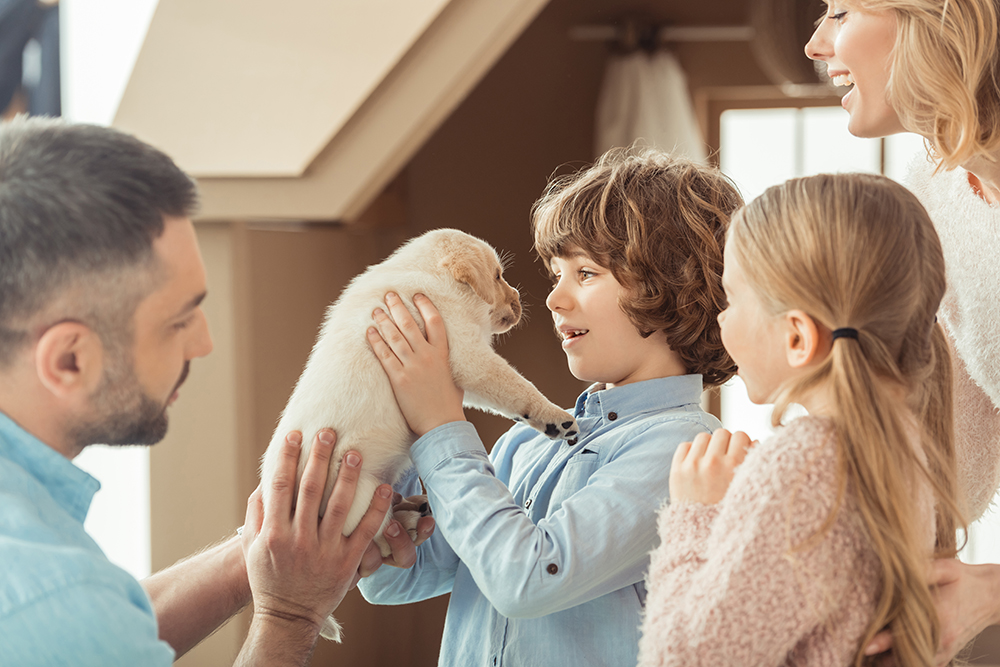A Case for Contracts and Co-owns
By Jessica Freni
Stock Photos
I know, a lot of people simply hear the words “contract” or “co-own” and bristle. Everyone has a story or knows someone who had a negative experience with a contract and or co-own. For some the mere suggestion is an offense prompting “don’t you know who I am” mentality and a slammed door, but contracts and co-owns are useful tools.
“Good fences make for good neighbors,” this is the same basic principle I apply to co-owns and contracts, particularly with full registration show/breeding prospects and most especially with batches. Establishing those clear boundaries and “property lines” upfront is the best way to prevent future conflicts. When everyone knows their roles and expectations from the get go, you can focus on the dog and the goals without butting heads and differing opinions along the way. Every successful business starts off with a business plan, that’s why it’s best to take out emotions and set off with a clear outline of roles and responsibilities. The best way to keep friends you share dogs with is to protect the friendship with a contract and co-own that is fair, transparent and put together before conflicts arise. Nothing sends a long friendship souring quicker than “I thought” or “you said”, but nothing was put to paper.
Contracts and co-owns are not personal, nor are they experience based. New relations, old friends, experienced exhibitor and show newbie can all benefit. A contract and co-own doesn’t mean there’s not trust, they’re not punishment, but proactive and protective. Done cooperatively and with clear communication contracts and co-owns can be the foundation for successful relationships, partnerships and dog careers!
When putting together a co-ownership few things to consider:
- Who is the primary owner? Breeder? Person the dog will reside with?
- Is the agreement long-term (life of the dog or the dog’s career/ breeding years) or finite (ex. One person will sign off upon completion of titles or after proof of sterilization)
- Who with and where will the dog reside? Under what circumstances will this change? Who should the dog return to?
- How will breedings be arranged? Will both people agree on potential breedings? Stud fees? Future puppies? Kennel names?
- Under what scenario might the dog be sterilized?
- Who will pay expenses? Vet care? Advertising? Testing? Who would the handler be if there’s one and who will cover these expenses?
Don’t
- Make lopsided contracts that unfairly beneficial to only one party. Be willing to discuss and compromise
- Not discuss terms before puppies/ dogs are promised or change hands
- Be unrealistic or unreasonably restrictive (ex. Multiple entire litter expectations unless agreed beforehand, MLM food requirements, lots of stiff penalties for small things)
- Don’t be pressured and it’s OK to approach conversations about things you don’t understand or don’t feel comfortable with or have a lawyer review
- Don’t forget you can agree to amend or revise things as they come up!


